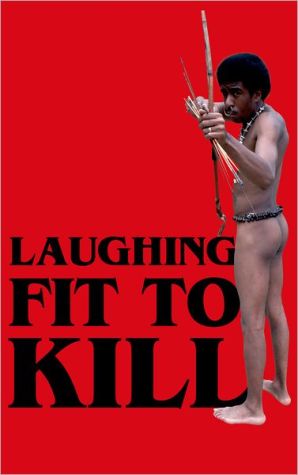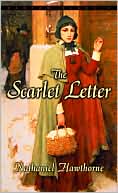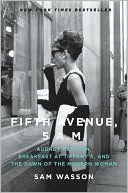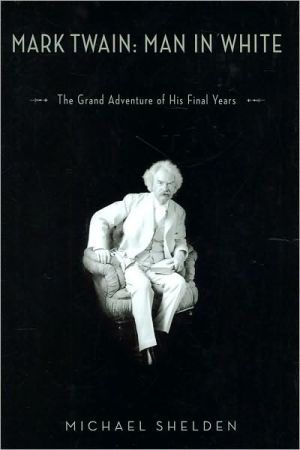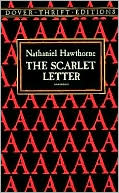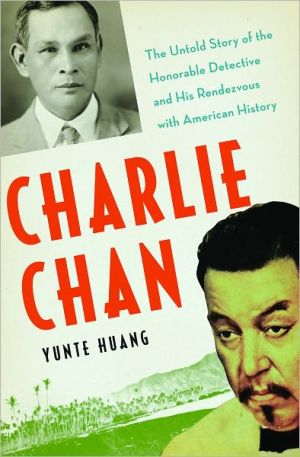Laughing Fit to Kill: Black Humor in the Fictions of Slavery
Reassessing the meanings of "black humor" and "dark satire," Laughing Fit to Kill illustrates how black comedians, writers, and artists have deftly deployed various modes of comedic "conjuring"--the absurd, the grotesque, and the strategic expression of racial stereotypes--to redress not only the past injustices of slavery and racism in America but also their legacy in the present. Focusing on representations of slavery in the post-civil rights era, Carpio explores stereotypes in Richard...
Search in google:
Reassessing the meanings of "black humor" and "dark satire," Laughing Fit to Kill illustrates how black comedians, writers, and artists have deftly deployed various modes of comedic "conjuring"—the absurd, the grotesque, and the strategic expression of racial stereotypes—to redress not only the past injustices of slavery and racism in America but also their legacy in the present. Focusing on representations of slavery in the post-civil rights era, Carpio explores stereotypes in Richard Pryor's groundbreaking stand-up act and the outrageous comedy of Chappelle's Show to demonstrate how deeply indebted they are to the sly social criticism embedded in the profoundly ironic nineteenth-century fiction of William Wells Brown and Charles W. Chesnutt. Similarly, she reveals how the iconoclastic literary works of Ishmael Reed and Suzan-Lori Parks use satire, hyperbole, and burlesque humor to represent a violent history and to take on issues of racial injustice. With an abundance of illustrations, Carpio also extends her discussion of radical black comedy to the visual arts as she reveals how the use of subversive appropriation by Kara Walker and Robert Colescott cleverly lampoons the iconography of slavery. Ultimately, Laughing Fit to Kill offers a unique look at the bold, complex, and just plain funny ways that African American artists have used laughter to critique slavery's dark legacy.
Introduction 31 "Laffin' fit ter kill": Black Humor in the Fiction of William Wells Brown and Charles W. Chesnutt 292 The Conjurer Recoils: Slavery in Richard Pryor's Performances and Chappelle's Show 723 Conjuring the Mysteries of Slavery: Voodoo, Fetishism, and Stereotype in Ishmael Reed's Flight to Canada 1174 ''A Comedy of the Grotesque": Robert Colescott, Kara Walker, and the Iconography of Slavery 1405 The Tragicomedy of Slavery in Suzan-Lori Parks's Early Plays 191Notes 233Bibliography 265Index 281
\ From the Publisher"An exceptionally well-executed and original piece of scholarship...Carpio's account is compelling, doggedly argued, skillfully executed, and somehow simultaneously both focused and sweeping. For readers interested in humor scholarship, or African-American culture history, or both, Laughing Fit To Kill absolutely deserves a place on the bookshelf." --Studies in American Humor\ "One of the most groundbreaking critical studies of black humor in recent memory."--Daphne A. Brooks, Princeton University\ "Glenda Carpio has written a marvelously compelling and seminal study of the rich and radical tradition of the uses of black humor, satire, and wit to confront even the most painful aspects of the African American past. This is a delightfully original contribution to the historical and literary scholarship about slavery."--Henry Louis Gates Jr., Harvard University\ "Within this theoretically rich and fundamentally interdisciplinary project, Glenda Carpio uses the laugh as both a subject of study and a methodology for analyzing texts ranging from visual art and popular culture to literature and theater. Her book takes a most innovative and insightful approach to the question of how the legacy of slavery continues to resonate within the African American cultural imaginary."--Harry J. Elam Jr., Stanford University\ "Laughing is a thorny, fascinating and complex study of black artists - writers, comedians, painters - who use humor to redress the horrors of slavery and its ghosts that linger in the public imagination."--Chris Vognar, The Dallas Morning News\ \ \
